SingaporeMotherhood | Pregnancy
March 2025
Pregnancy Developments and Discomforts: What to Expect during these 9 months
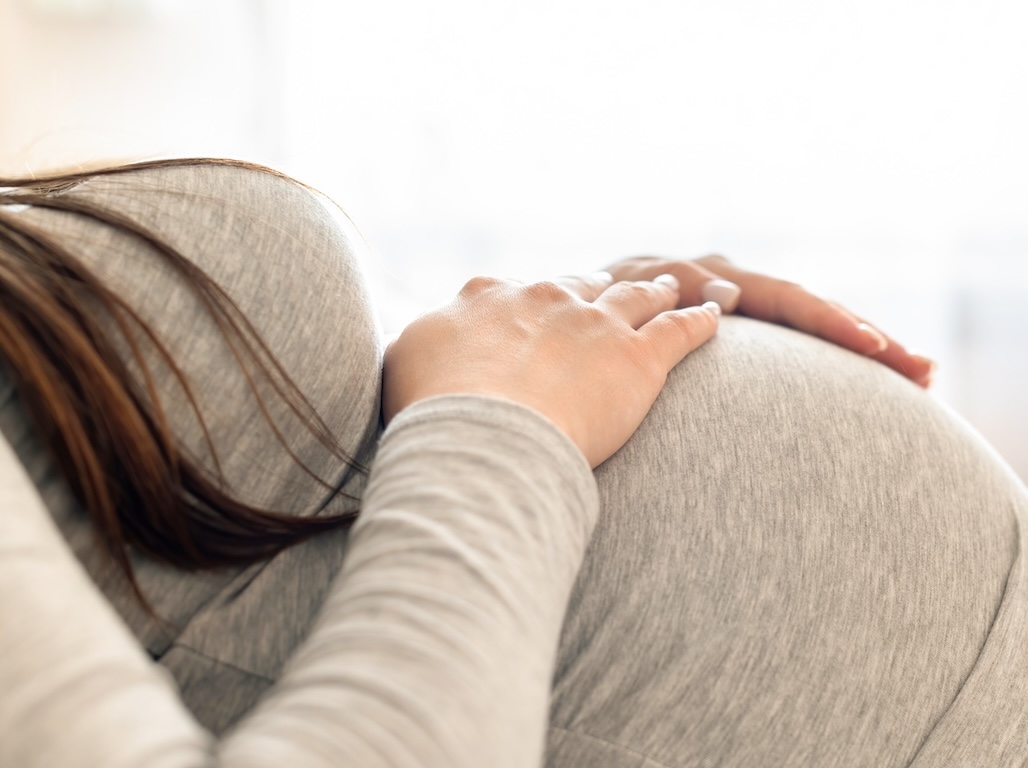
Whether you are trying for a baby, or have just received a positive result from your pregnancy test (congrats!), it is good to know what you are in for when you are expecting. Understanding how your body changes, the common pregnancy discomforts faced by expectant mothers, and how mums-to-be manage during this period will help you to deal with similar issues which you may encounter.
(See also: HOSPITAL MATERNITY PACKAGE 2025: HOW MUCH DOES IT COST TO GIVE BIRTH IN SINGAPORE?)
First Trimester Pregnancy Discomforts
Development of foetus
The first trimester is probably the most crucial time of your baby’s growth. Over the course of three months, the foetus changes rapidly from a clump of cells smaller than a full-stop into a human-like form with facial features and limbs. The skeleton, heart, brain, and other internal organs also develop during this time. Because of this, pregnant mothers need to take special care with their diet during this period. Avoid smoking and consuming alcohol, and limit your caffeine intake to 200mg a day, or the equivalent of two cups of coffee.
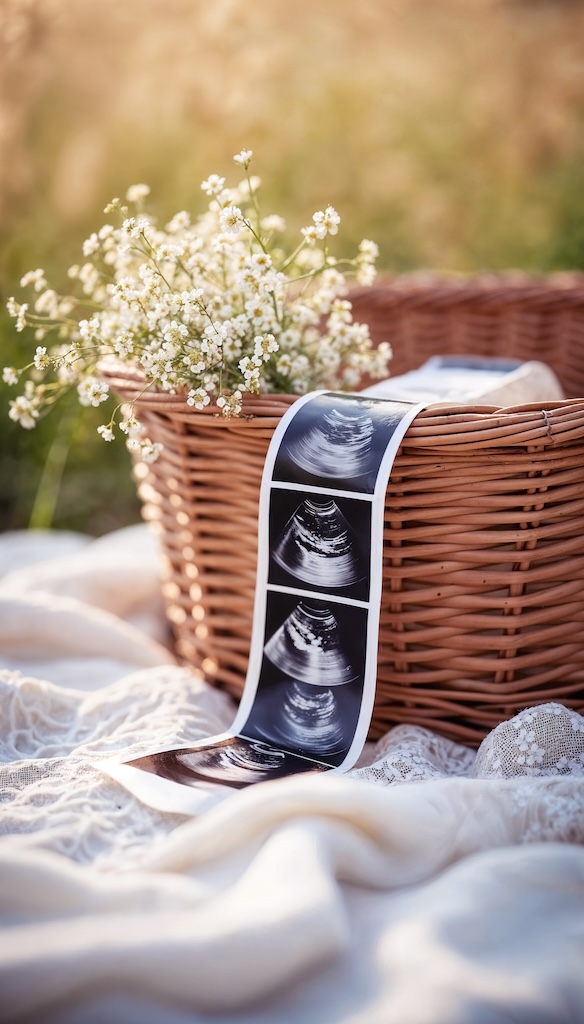
Nausea
Mums-to-be commonly experience nausea between the sixth and 13th weeks of pregnancy. Ms Ng, 33, a stay-home mother of a three-year-old, had a harder time than most mothers. She shares, “I had nausea throughout the entire pregnancy. I realised that I wouldn’t throw up if I nibbled and snacked the whole day instead of having proper meals.” Eating plain bread or dry crackers can also help to neutralise stomach acid and relieve nausea.
(See also: PRENATAL TESTS AND SCANS TO TAKE WHEN YOU ARE PREGNANT)
Frequent toilet breaks
As the uterus expands and presses on the bladder, it can cause you to feel an increased urge to pass urine. While this may not pose a problem during the day, having to wake up for several toilet trips throughout the night is frustrating. Avoid beverages one hour prior to bedtime to help reduce the frequency of waking during the night.
Heartburn
As the uterus grows in size and takes up more space in the abdomen, the stomach gets compressed. This results in gastric reflux, and the acid which backs up the digestive tract causes a feeling described as “heartburn”. To overcome this, eat small but frequent meals and not to lie down immediately after eating. Sleeping in a propped up position may help as well.
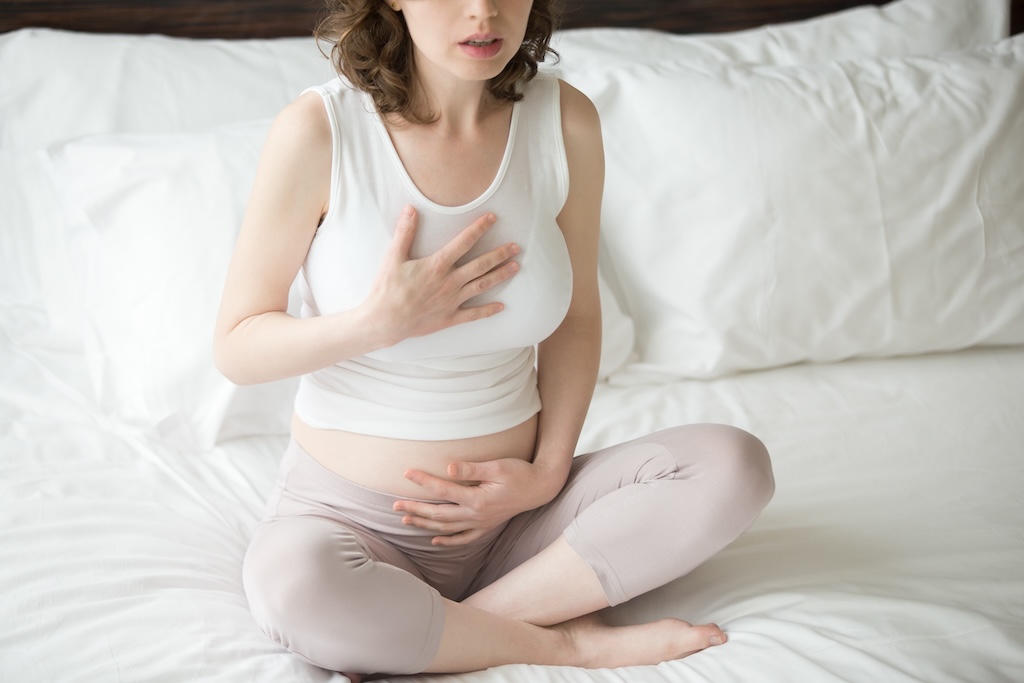
Second Trimester Pregnancy Discomforts
Development of foetus
This is an exciting period of your baby’s development! Some mothers may feel their baby’s gentle movements, described as “fluttering” or “gas bubbles” in the tummy as early as 16 to 20 weeks of pregnancy. These movements get stronger as the baby grows larger, and by the end of the second trimester, you will be able to feel the baby kicking or pushing when you place your hand on your tummy.
Your baby’s eyelids open around the 25th week, and they can hear you talking. This is a great time to interact and talk to your baby. Depending on the position of the foetus, an ultrasound scan performed around the 20th week of pregnancy can reveal your baby’s gender.
Active baby
While it is exciting to interact with your unborn child during the day, a baby who practises kung-fu at night can keep you awake. Mrs Ow, 32, an Assistant Manager who gave birth to her little one recently recalled, “My son kicked a lot at night and this made it hard for me to fall asleep. I guess he may have felt uncomfortable when I lay down, so I tried not to press too much on the tummy.”
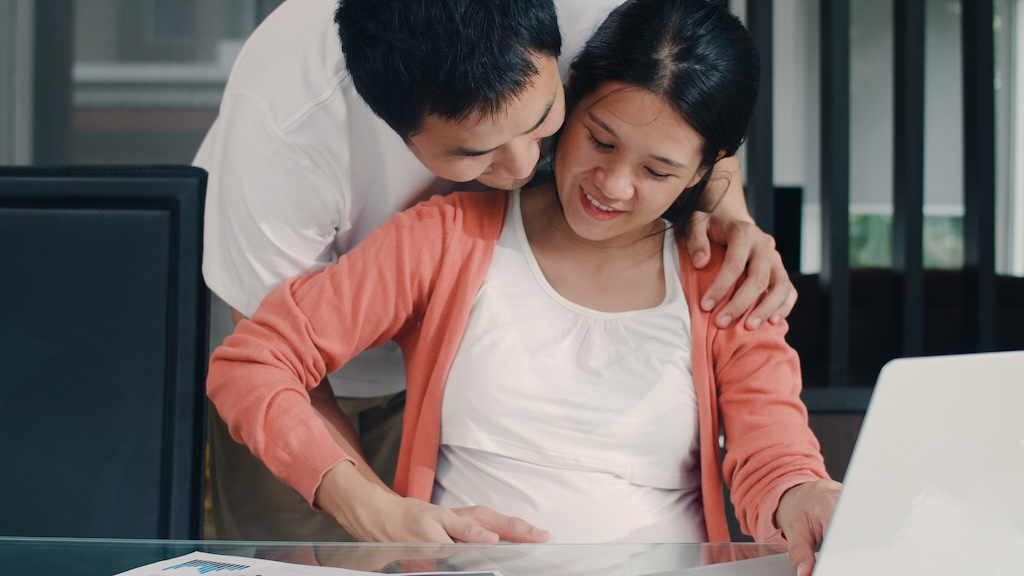
Gestational diabetes
From the 26th week of pregnancy, your obstetrician may start monitoring the sugar level in your urine as one in 10 women develop gestational diabetes. Though this condition goes away after the pregnancy is over, it has a 90 per cent chance of recurrence in subsequent pregnancies. If left untreated, the increased levels of blood sugar can lead to pregnancy complications.
Mrs M. Ow developed gestational diabetes in the third trimester of her first pregnancy and these symptoms returned almost as soon as she was expecting her second child. She shared, “I had to prick my finger seven times a day and go for monthly blood tests to monitor my blood sugar level. I also had to choose my food carefully and avoid all sweet things or food that is high in carbohydrates, such as yellow noodles.”
(See also: GESTATIONAL DIABETES 101 – ARE YOU AT RISK?)
Stretch marks
As the pregnancy progresses, the breasts and tummy enlarge. This stretches the skin and causes collagen in the skin to break down. Up to 90 per cent of pregnant women experience itchiness and stretch marks as a result.
While stretch marks cannot be prevented, the use of anti-stretch mark creams or oils before the marks appear can help to make the skin more supple, soothe the itch and possibly reduce the extent of the marks.

Try to resist scratching an itchy belly as this can make the marks worse. Take comfort that while these stretch marks are permanent, they will fade to a light, silvery colour and will not be so obvious with time.
(See also: 9 MUST-HAVES TO REDUCE STRETCH MARKS WHILE SOOTHING AND PAMPERING YOUR PREGNANT BELLY)
Third Trimester Pregnancy Discomforts
Development of foetus
Your baby is almost fully developed at this stage, with the lungs being the last organ to mature. Most babies begin to turn to a head down position around the 28th week of pregnancy and get into the final position by the 36th week. Once the baby’s head engages with your pubic bone, they will have little room for movement, and become less active. However, if you do not detect any movement in 24 hours and your baby is unresponsive to you, do check with your gynaecologist to ensure that your baby is not in distress.
Backaches
Many pregnant women get backaches as their tummy gets heavier. Maintaining a good posture and using a mattress which provides good spinal support can relieve some discomfort. Low-heeled shoes with good arch supports are also helpful. If you have to carry a laptop or heavy bag to work, do consider using a trolley bag instead.
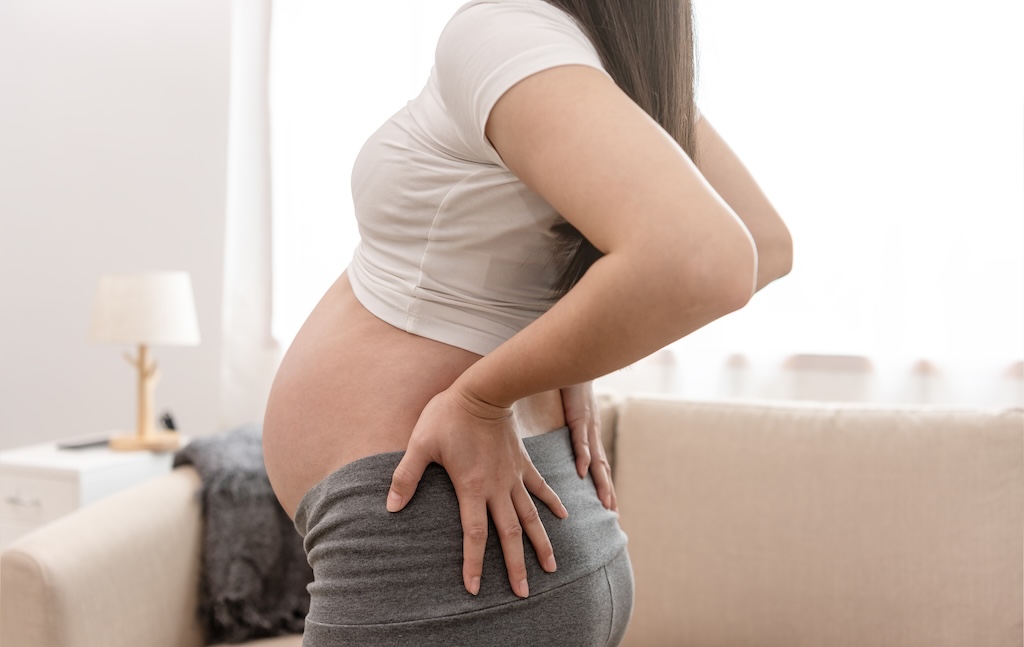
Varicose Veins and Haemorrhoids
During pregnancy, the volume of blood in the mother’s body increases. Coupled with hormonal changes and the baby’s weight bearing down on the lower body, this may result in veins in the lower body becoming engorged with blood. When this occurs in the legs, these veins appear as bluish, bulging varicose veins. When this occurs in blood vessels inside or around the anus, haemorrhoids (or piles) form.
(See also: BEST PRENATAL & POSTNATAL MASSAGE SERVICES IN SINGAPORE)
While these conditions may not be easily prevented, varicose veins may be mitigated by wearing pregnancy support leggings, having regular exercise, and propping your feet up while sitting or lying down. Drinking sufficient fluids and eating adequate amounts of fibre to avoid constipation may also help keep haemorrhoids at bay. Varicose veins and haemorrhoids usually improve after the pregnancy, but in some cases, require surgery to remove.
Hives
Due to the large amounts of chemical changes in the body, some women experience hives, which may develop at any stage of pregnancy. First time mothers may be more likely to develop hives in the final weeks of pregnancy. Although this condition is harmless to both mother and baby, it causes terrible itching. Mrs B. C. Goh recalls itchy, red lumps appearing on her tummy, hands and feet. The 33-year-old consultant and mother of one shares, “The more I scratched, the itchier it got, and the lumps spread to become itchy patches. I tried applying calamine lotion and prickly heat powder, but the relief was only temporary. After giving birth, I sponged myself with water that was boiled with honeysuckle flowers (“Jin Yin Hua”) and this seemed to help.”

Your Bundle of Joy despite Pregnancy Discomforts
After months of eager anticipation, you will soon be cuddling your precious baby in your arms. Any pregnancy discomforts will soon will be forgotten. The joy which your little one brings will make it all worthwhile!
(See also: BEST BABY FULL MONTH SETS & PACKAGES: TRADITIONAL & MODERN 满月 OPTIONS)
Featured image: frimufilms on Freepik
All content from this article, including images, cannot be reproduced without credits or written permission from SingaporeMotherhood.
Follow us on Facebook, Instagram, and Telegram for the latest article and promotion updates.





